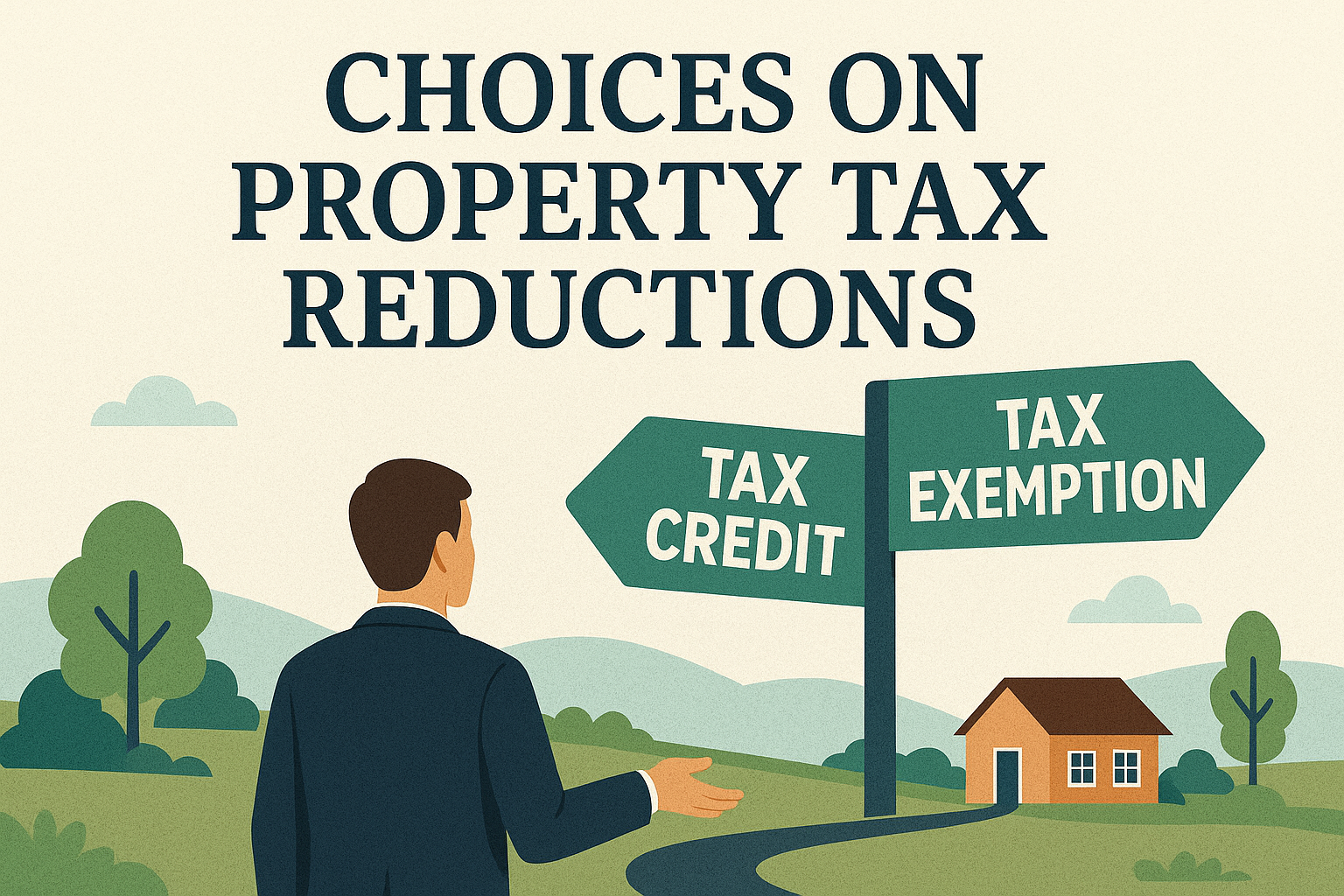Richland County Leaders Face Tough Choices on Property Tax Reductions
419 Beat
Archives
Richland County Leaders Face Tough Choices on Property Tax Reductions
SIGN UP FOR OUR NEWSLETTER
Richland County Leaders Grapple with Property Tax Reduction Decisions |
Balancing Relief for Homeowners with Funding for Essential Services |
Richland County officials are confronting challenging decisions regarding potential property tax reductions, aiming to alleviate the financial burden on homeowners while ensuring the continued funding of vital public services.
In response to escalating property taxes, the Ohio legislature has provided counties with the authority to expand existing Homestead exemptions and the 2.5% owner-occupancy credits. However, this expansion would rely solely on local funding, as the state has not offered financial support to offset the potential revenue loss.
The Richland County Board of Commissioners has scheduled a public meeting on October 9 at 10 a.m. at the county administration building. This session aims to gather input from all entities that receive property tax funds, including school districts and public agencies, to discuss the implications of the proposed tax reductions.
Commissioner Tony Vero highlighted the potential financial impact, noting that doubling the current exemptions could result in an annual revenue loss of approximately $6.6 million across the county. He emphasized that school districts would be the most affected, as they constitute over 50% of the tax credits.
Commissioner Darrel Banks expressed frustration over the state's decision to delegate this responsibility to local governments without providing the necessary resources, stating, "Absolutely I feel like I'm getting stuck with it. I'm very frustrated with it."
The surge in property taxes is largely attributed to a booming housing market, leading to significant increases in assessed property values during the mandatory six-year reappraisal cycle. Richland County Auditor Pat Dropsey pointed out that some properties have sold for 200 to 300 percent more than their assessed values, contributing to the current tax crisis.
In a related development, the Madison Local School District is proposing a 1.5% earned income tax levy on the upcoming November ballot. If approved, this levy would generate approximately $6.27 million annually, replacing a 7.5 mill property tax levy that currently brings in $2.94 million each year. This shift aims to reduce the tax burden on property owners, particularly those on fixed incomes, by focusing on earned income.
As the October 31 deadline approaches for making decisions on property tax adjustments, Richland County leaders are seeking a balanced approach that provides relief to homeowners without compromising the funding necessary for essential public services. |

